How to check — and improve — your credit score
A smart guide to your credit and how to make it better

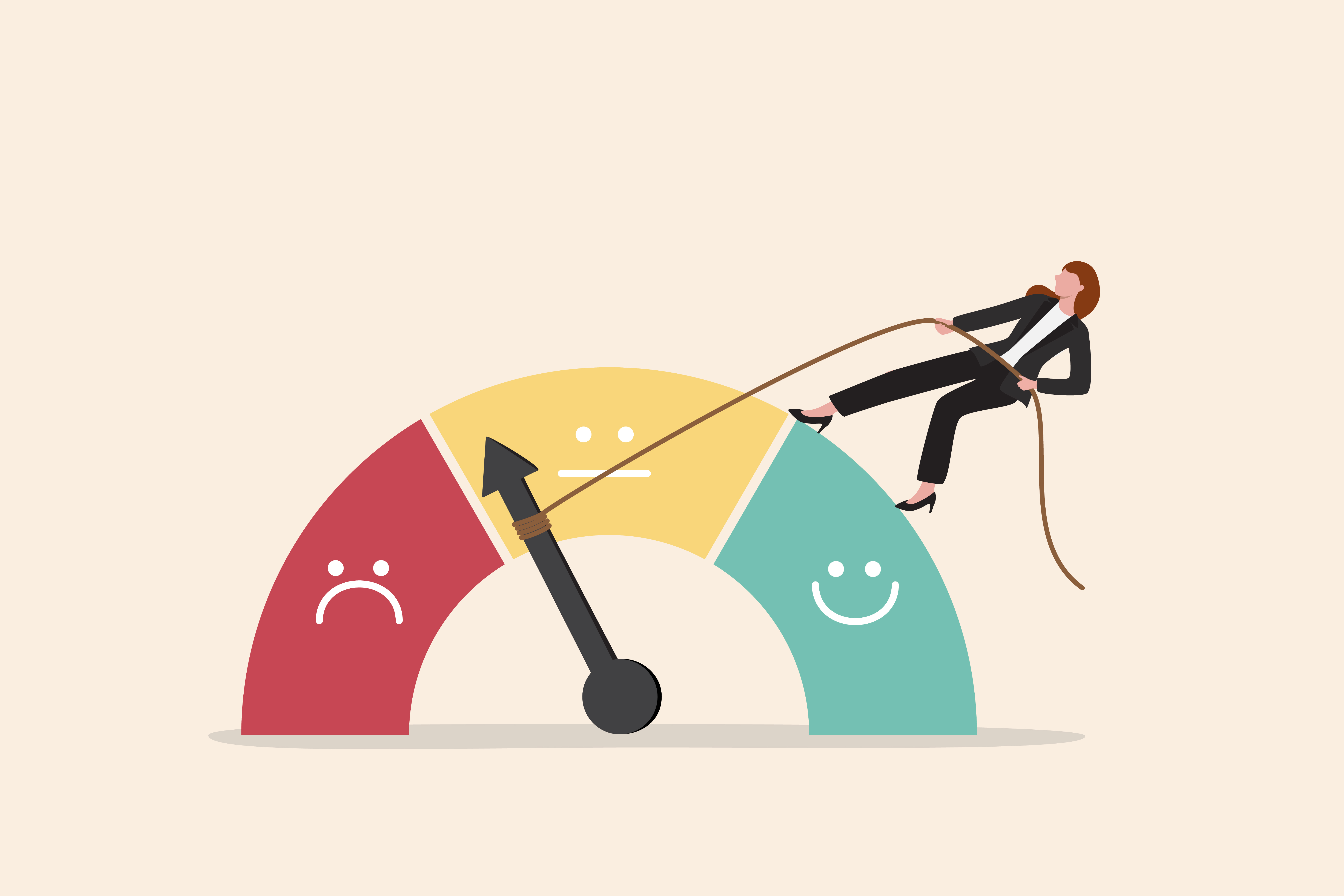
A free daily email with the biggest news stories of the day – and the best features from TheWeek.com
You are now subscribed
Your newsletter sign-up was successful

Your credit score — a three-digit number ranging anywhere from 300 to 850 — is a rating of your credit risk, or how likely you are to repay a loan on time. Lenders rely on this number to decide whether to approve someone for a loan. Credit scores can also influence the terms a person gets on a loan, including interest rate. Someone with a high credit score is likelier to get approved for a loan and secure more favorable terms than someone with a low credit score.
In other words, your credit score matters. If you're not sure where yours currently stands, here's how to check it. We'll also provide some context for knowing whether or not your credit score is good — and what steps you can take to improve it.
How can you check your credit score?
There are four main ways you can check your credit score, according to the Consumer Financial Protection Bureau (CFPB). These include:
The Week
Escape your echo chamber. Get the facts behind the news, plus analysis from multiple perspectives.

Sign up for The Week's Free Newsletters
From our morning news briefing to a weekly Good News Newsletter, get the best of The Week delivered directly to your inbox.
From our morning news briefing to a weekly Good News Newsletter, get the best of The Week delivered directly to your inbox.
- Checking a recent statement from your bank, credit card issuer, or lender
- Using a credit score service or a free credit scoring website like www.freecreditscore.com, offered by the credit bureau Experian
- Purchasing a credit score from credit reporting companies
- Talking to a non-profit credit or housing counselor
When checking your credit score, keep in mind that you actually have more than one. As such, you may see slightly varied numbers depending on where you check your score, as each credit scoring model calculates scores using distinct information and methods.
Simply checking your credit score has no effect on your credit score. Only a "hard pull," which is what a lender conducts when you apply for a credit card or loan, will affect your score.
What's considered a good credit score?
In general, a good credit score is in the upper 600s. However, because you have different credit scores, the exact range for what constitutes a good credit score can vary a bit. Credit service FICO, for instance, considers a score of 670 to 739 as good, whereas VantageScore considers scores within the range of 661 to 780 to be "good."
So which score should you pay most attention to? According to Kiplinger, "FICO boasts that 90 percent of top lenders rely on their scores, and consumers generally need to focus on their FICO score first." That being said, credit card companies will often look at VantageScores as well.
A free daily email with the biggest news stories of the day – and the best features from TheWeek.com
What affects your credit score?
There are five main factors that determine your credit score:
- Payment history: This is "typically the most important category in determining your credit scores," per Experian. More specifically, payment history refers to your track record of paying your bills on time. As such, late payments will hurt your score.
- Credit utilization: Your credit utilization is the amount of your total available credit that you're using at a given time. "It's how much you currently owe divided by your credit limit," explains Experian. Experts generally recommend keeping your credit utilization at no more than 30 percent, though the lower the better.
- Length of credit history: As you may have guessed, this is how long you've had your credit accounts open. A long credit history reflects positively on your score, as it shows you're experienced at managing debt and making payments.
- Credit mix: Credit mix refers to the types of credit you have. Lenders like to see that you're able to handle different types of debt, so they may look favorably on those who have both installment loans like mortgages as well as revolving loans like credit cards.
- New credit: New credit refers to recent applications you've submitted or accounts opened. This can impact your score in a few ways, such as by triggering a "hard pull" on your credit and lowering the average age of your accounts. On the flipside, it can increase your total available credit, which could help your credit utilization rate.
Are there ways to improve your credit?
If your credit score isn't quite where you'd like it to be, you're in luck — there are steps you can take to improve it. Here are some tactics you might consider trying to both build and boost your credit score:
Becca Stanek has worked as an editor and writer in the personal finance space since 2017. She has previously served as the managing editor for investing and savings content at LendingTree, an editor at SmartAsset and a staff writer for The Week. This article is in part based on information first published on The Week's sister site, Kiplinger.com
New Tax Rules for 2023: Download your free issue of The Kiplinger Tax Letter today. No information is required from you.
Becca Stanek has worked as an editor and writer in the personal finance space since 2017. She previously served as a deputy editor and later a managing editor overseeing investing and savings content at LendingTree and as an editor at the financial startup SmartAsset, where she focused on retirement- and financial-adviser-related content. Before that, Becca was a staff writer at The Week, primarily contributing to Speed Reads.
-
 6 of the world’s most accessible destinations
6 of the world’s most accessible destinationsThe Week Recommends Experience all of Berlin, Singapore and Sydney
-
 How the FCC’s ‘equal time’ rule works
How the FCC’s ‘equal time’ rule worksIn the Spotlight The law is at the heart of the Colbert-CBS conflict
-
 What is the endgame in the DHS shutdown?
What is the endgame in the DHS shutdown?Today’s Big Question Democrats want to rein in ICE’s immigration crackdown
-
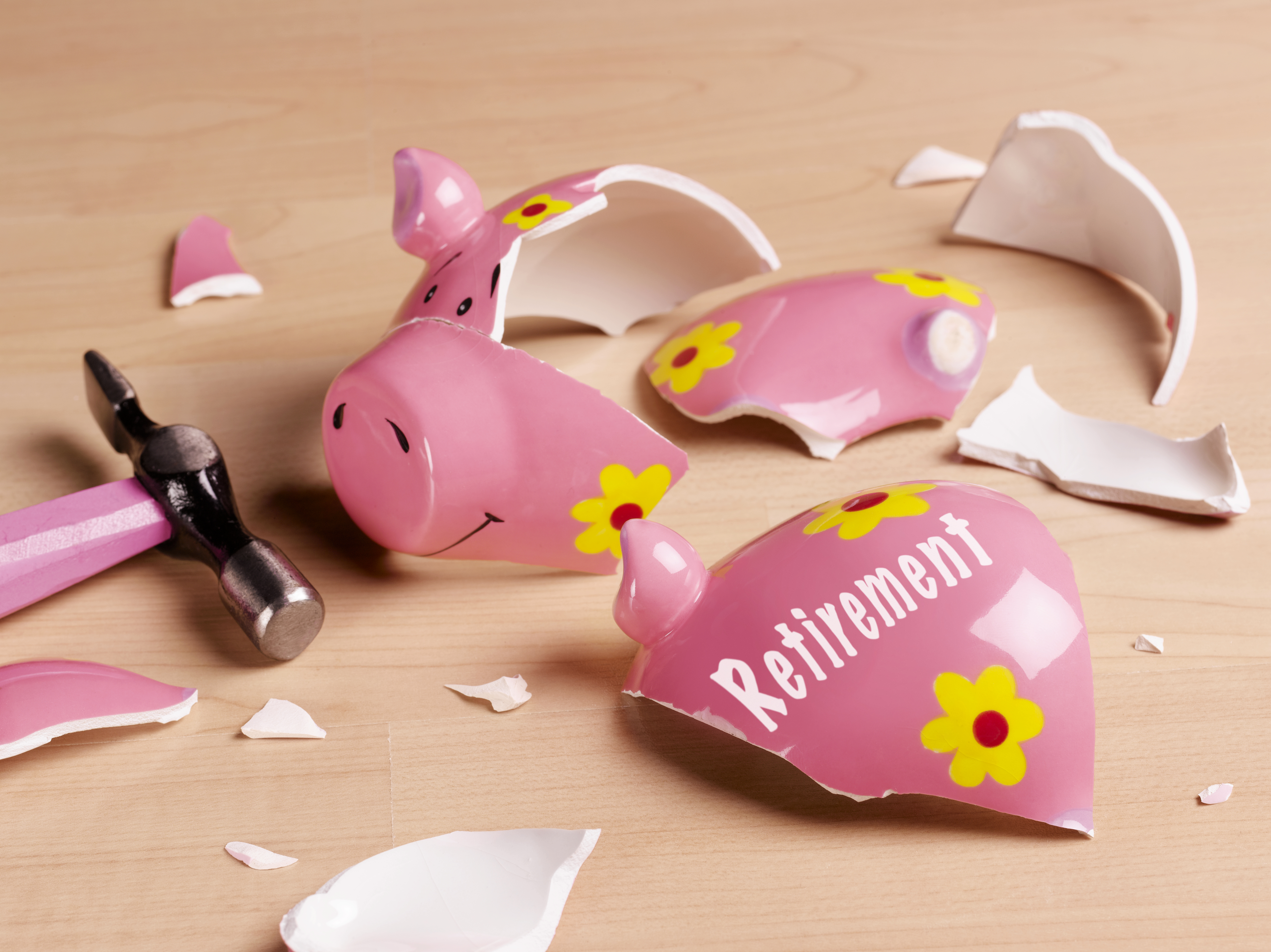 A guide to cashing out your retirement accounts
A guide to cashing out your retirement accountsSpeed Read Does order matter? What's the best strategy for taxes?
-
 4 REITs to watch
4 REITs to watchSpeed Read A selection of real estate investment trusts with "exceptional pricing power"
-
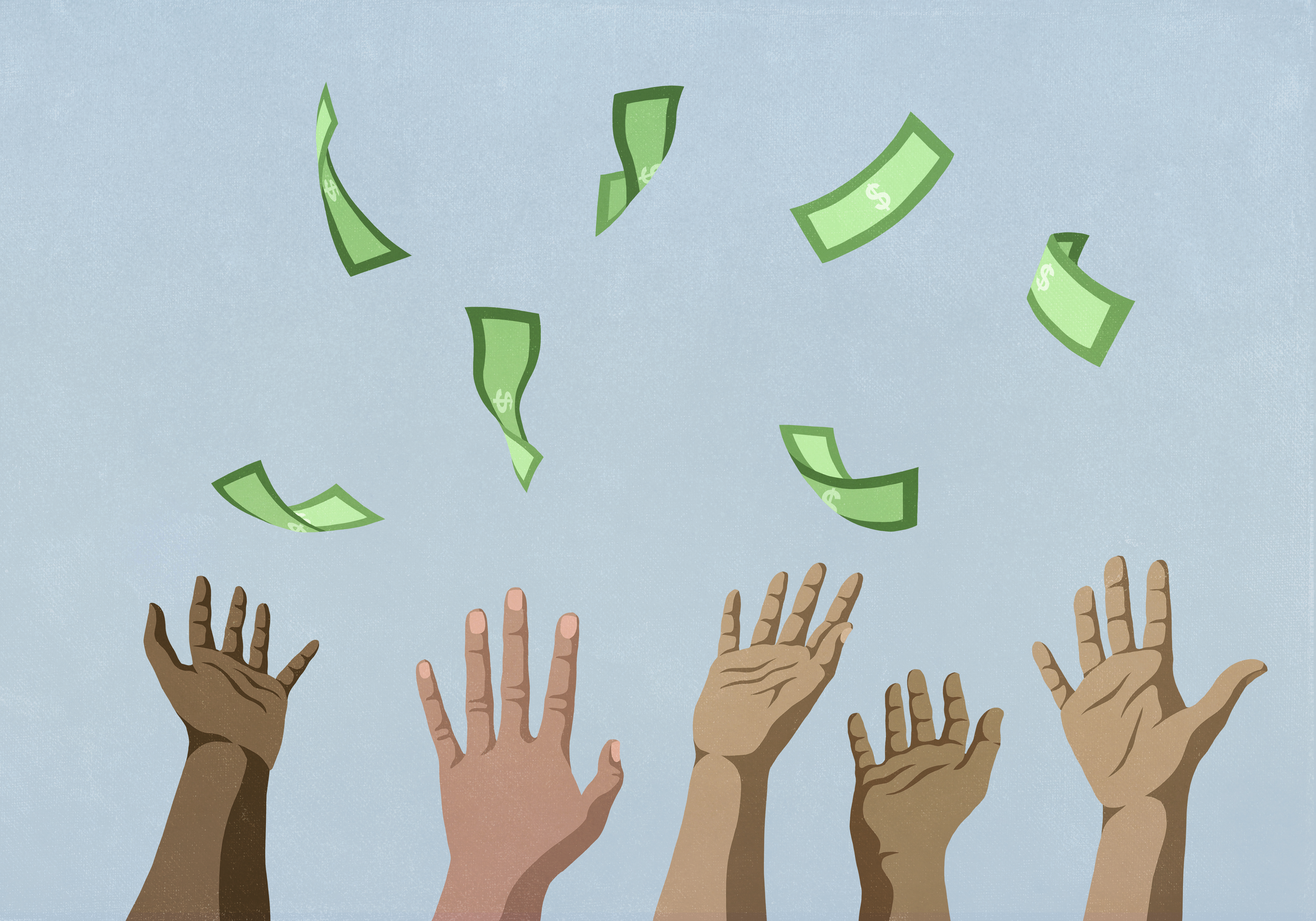 What is 'lifestyle inflation' and how does it limit wealth?
What is 'lifestyle inflation' and how does it limit wealth?Speed Read More money, more problems? Not necessarily.
-
 How to get a mortgage if you're retired
How to get a mortgage if you're retiredSpeed Read If you're considering applying for a mortgage in retirement, here's a look at what to expect, as well as some tips for making the process less painful
-
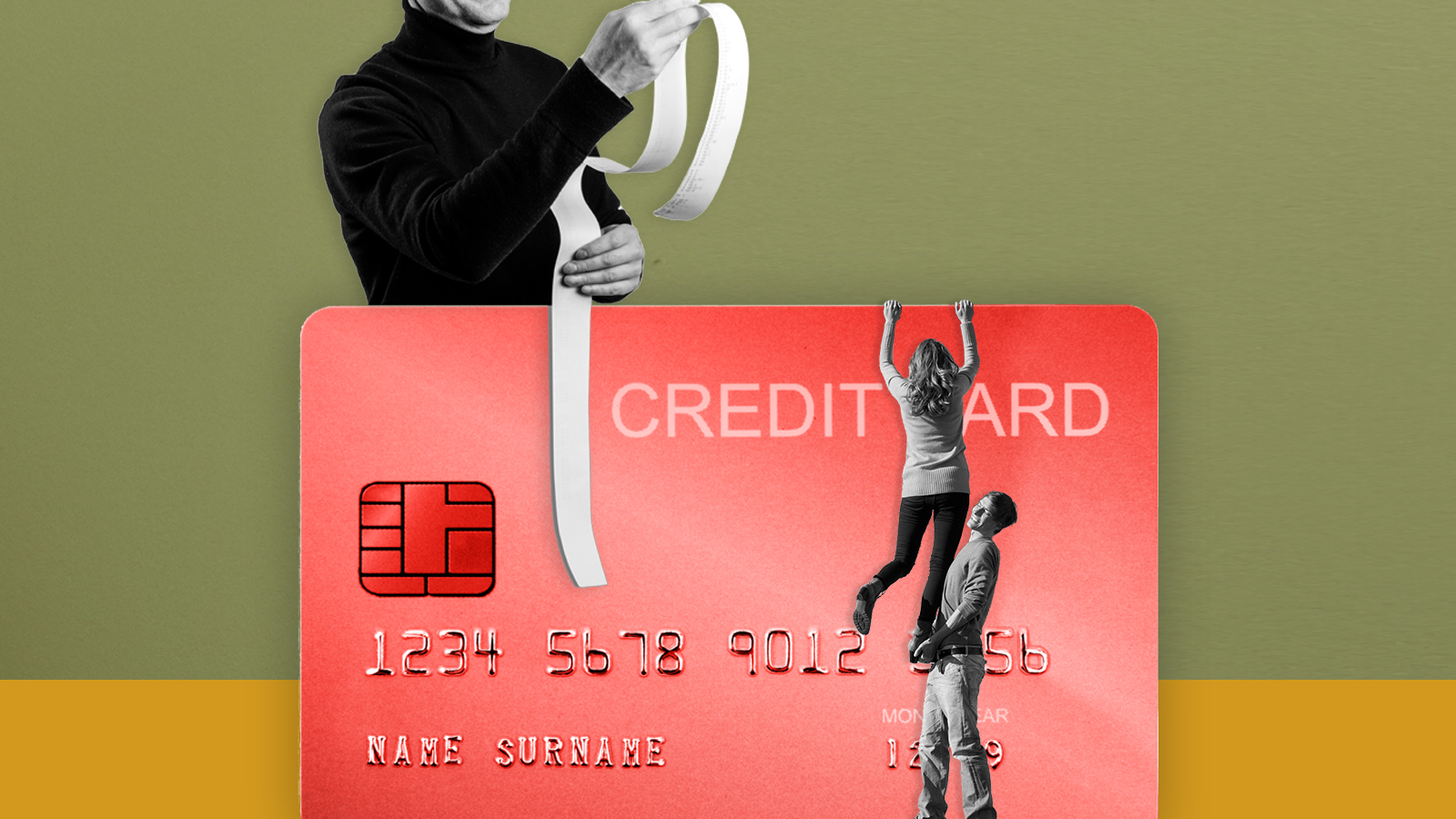 How to free yourself from credit card debt
How to free yourself from credit card debtSpeed Read Has your balance gotten out of control? Personal finance experts have some solid tips and tricks to help you get on top of your credit card debt.
-
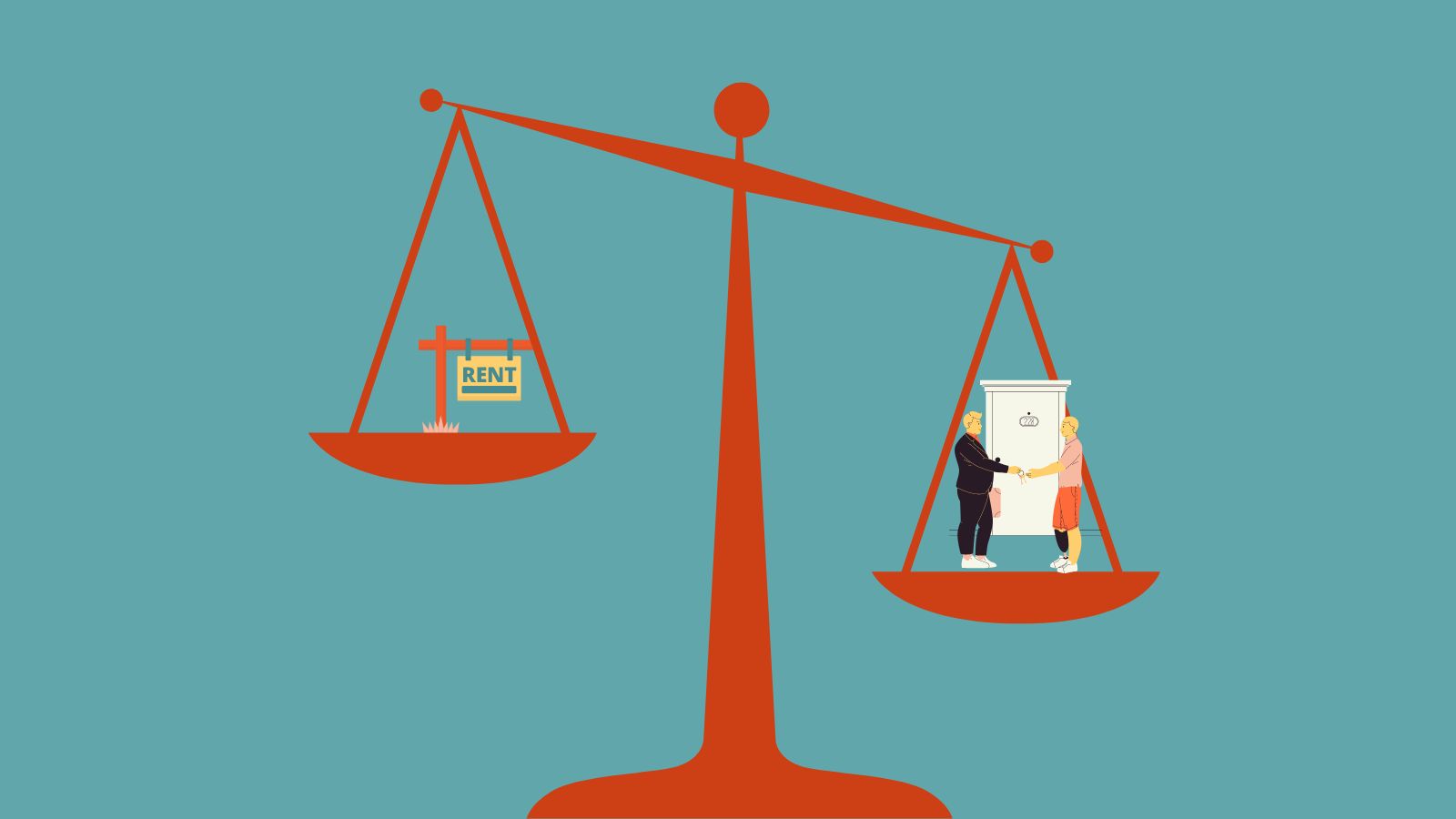 Renters' rights, explained
Renters' rights, explainedSpeed Read The Biden administration announced new federal actions to protect tenants as rent prices continue to climb. What rights do renters have already?
-
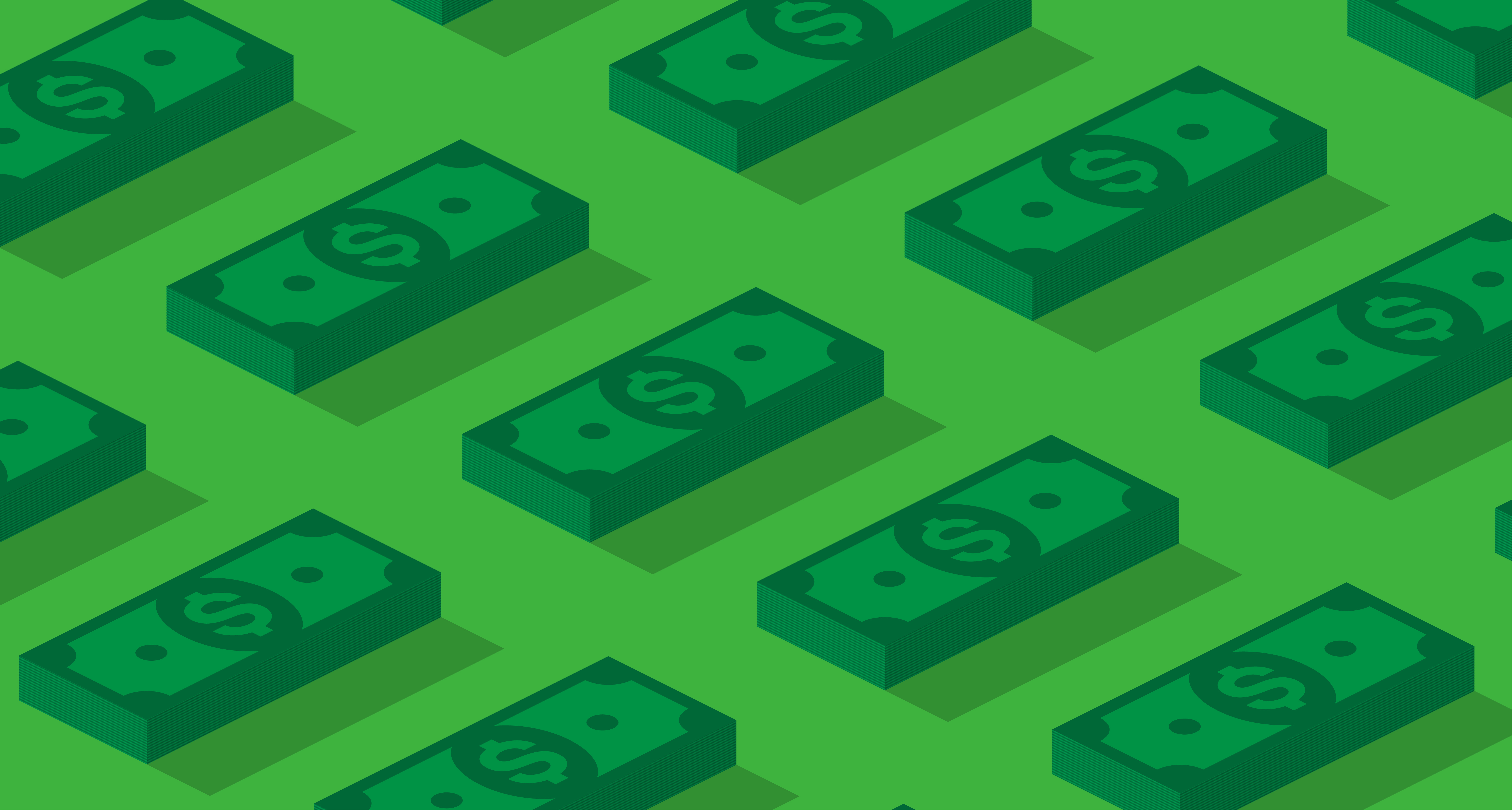 A smart guide to ESG investing
A smart guide to ESG investingSpeed Read Some say ESG investing is better for the planet. But is it good for your wallet, too?
-
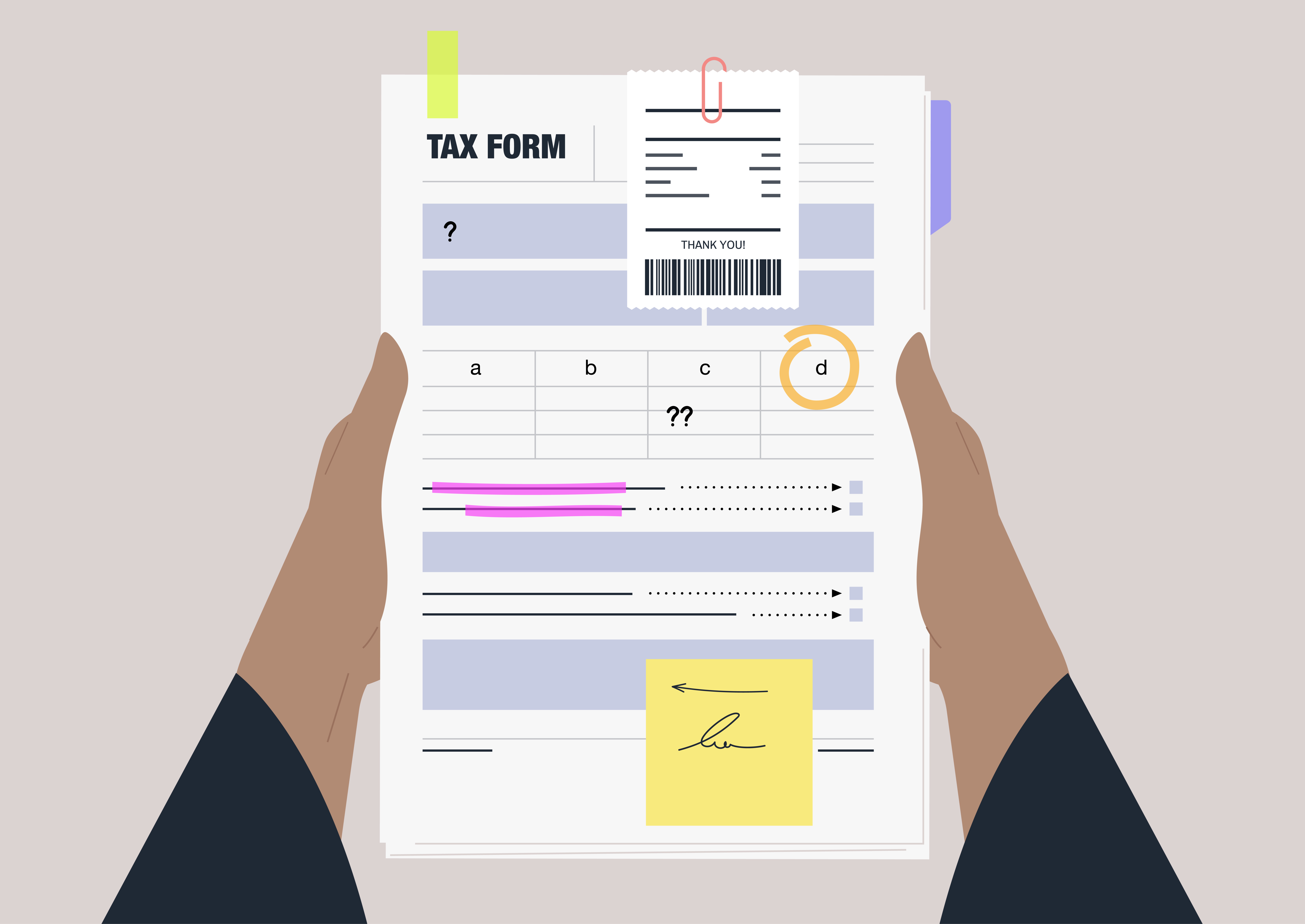 7 tax breaks that could save you money
7 tax breaks that could save you moneySpeed Read Brush up on these tax breaks before you file to make sure you're not overpaying
